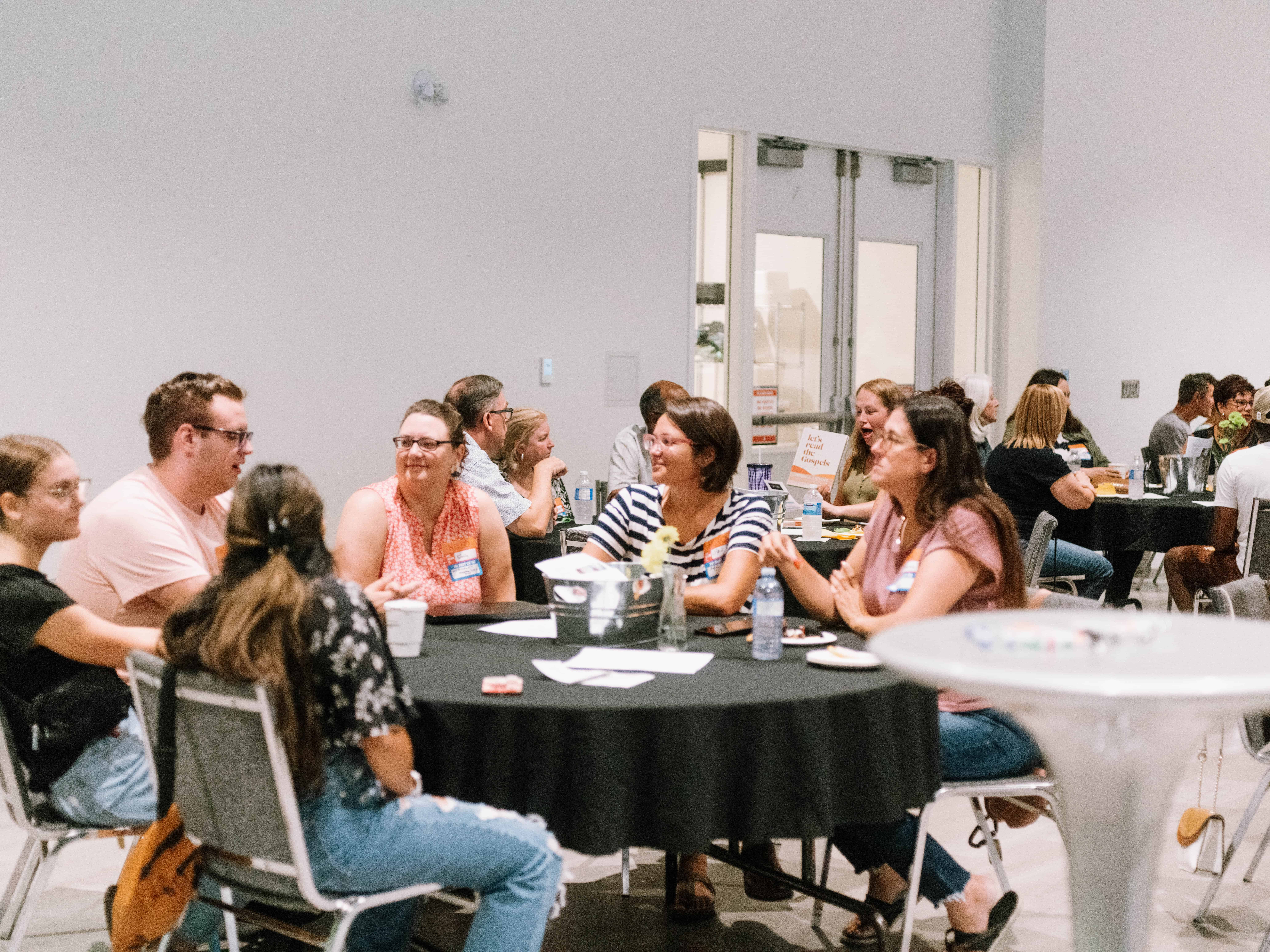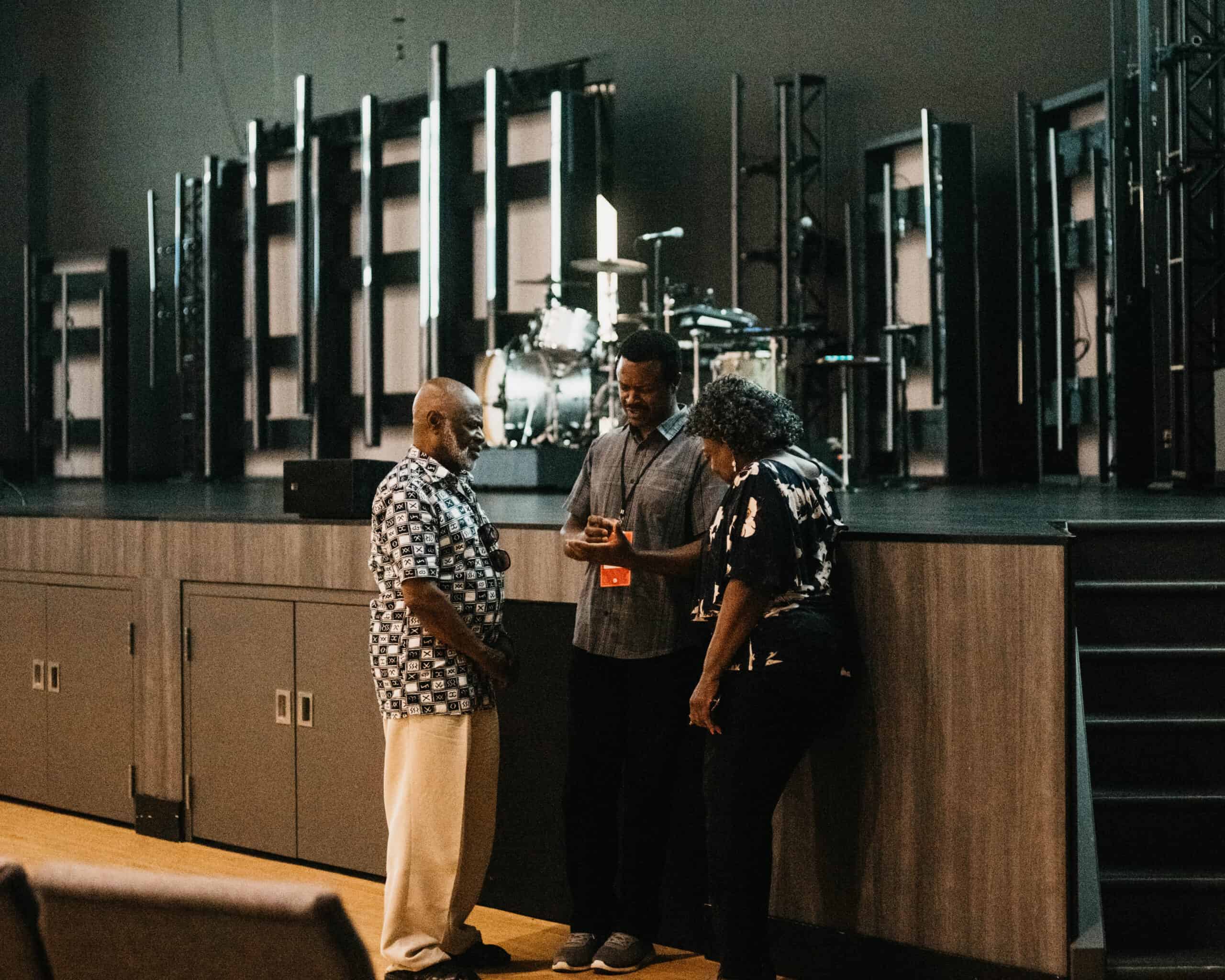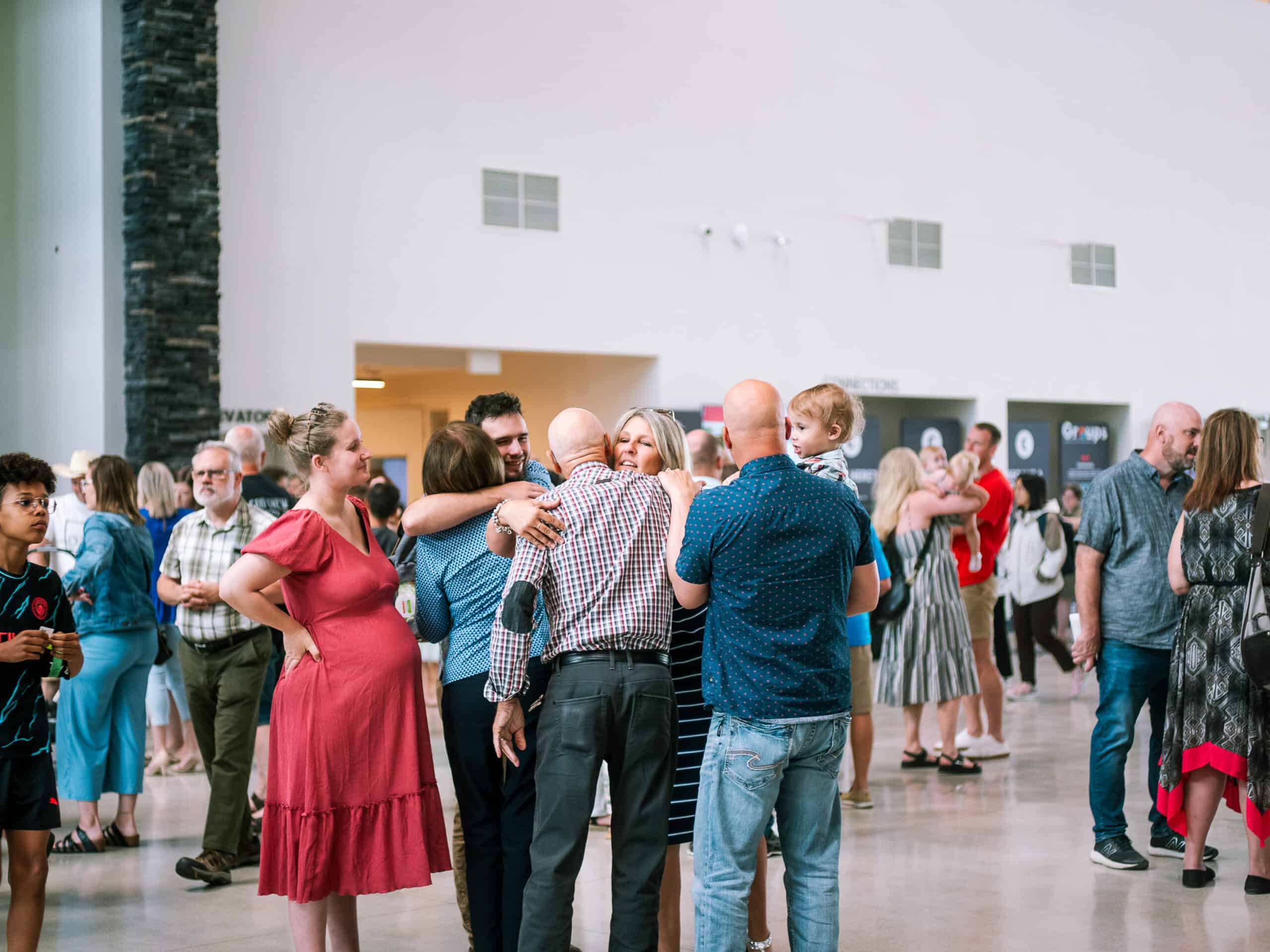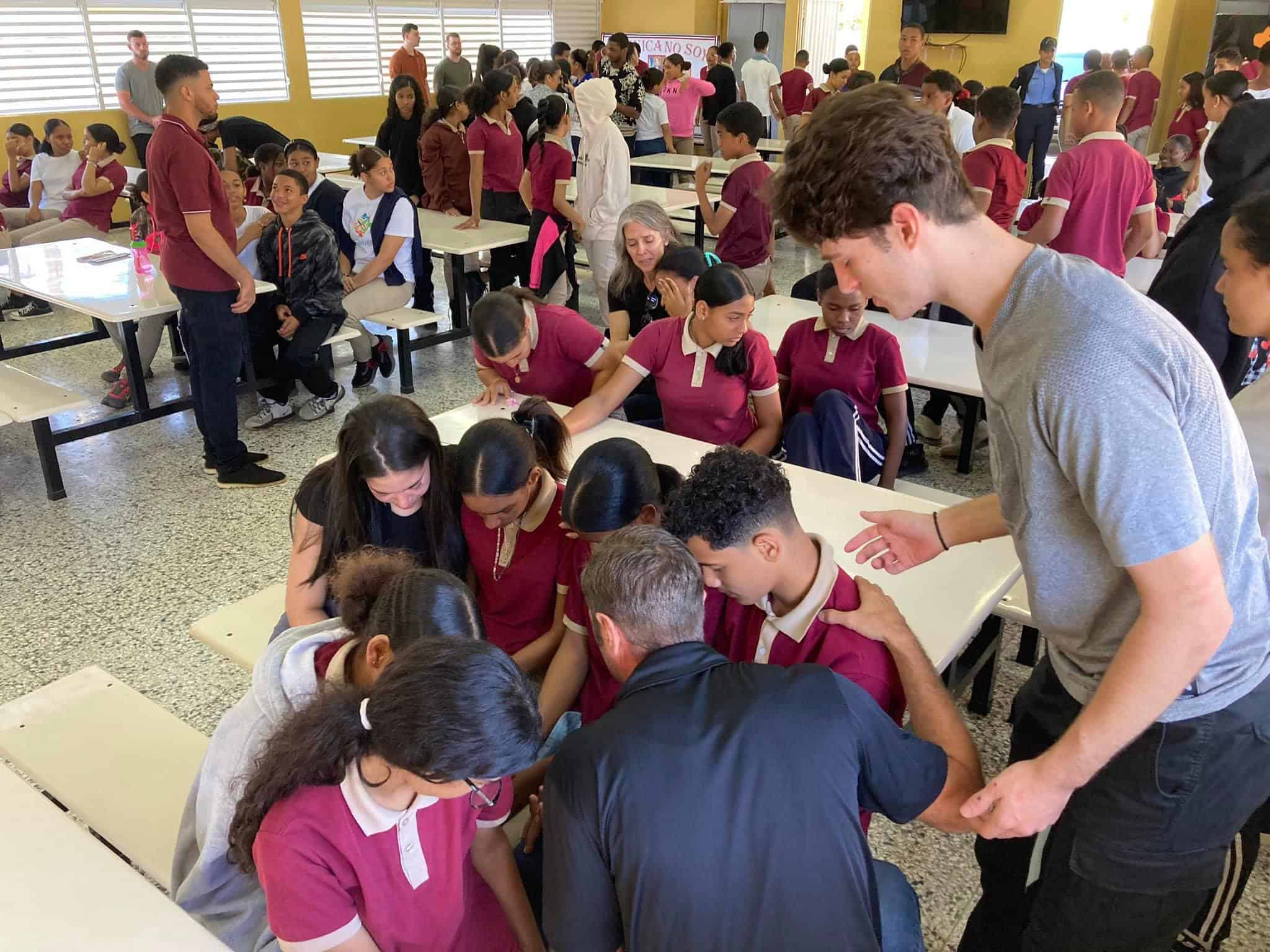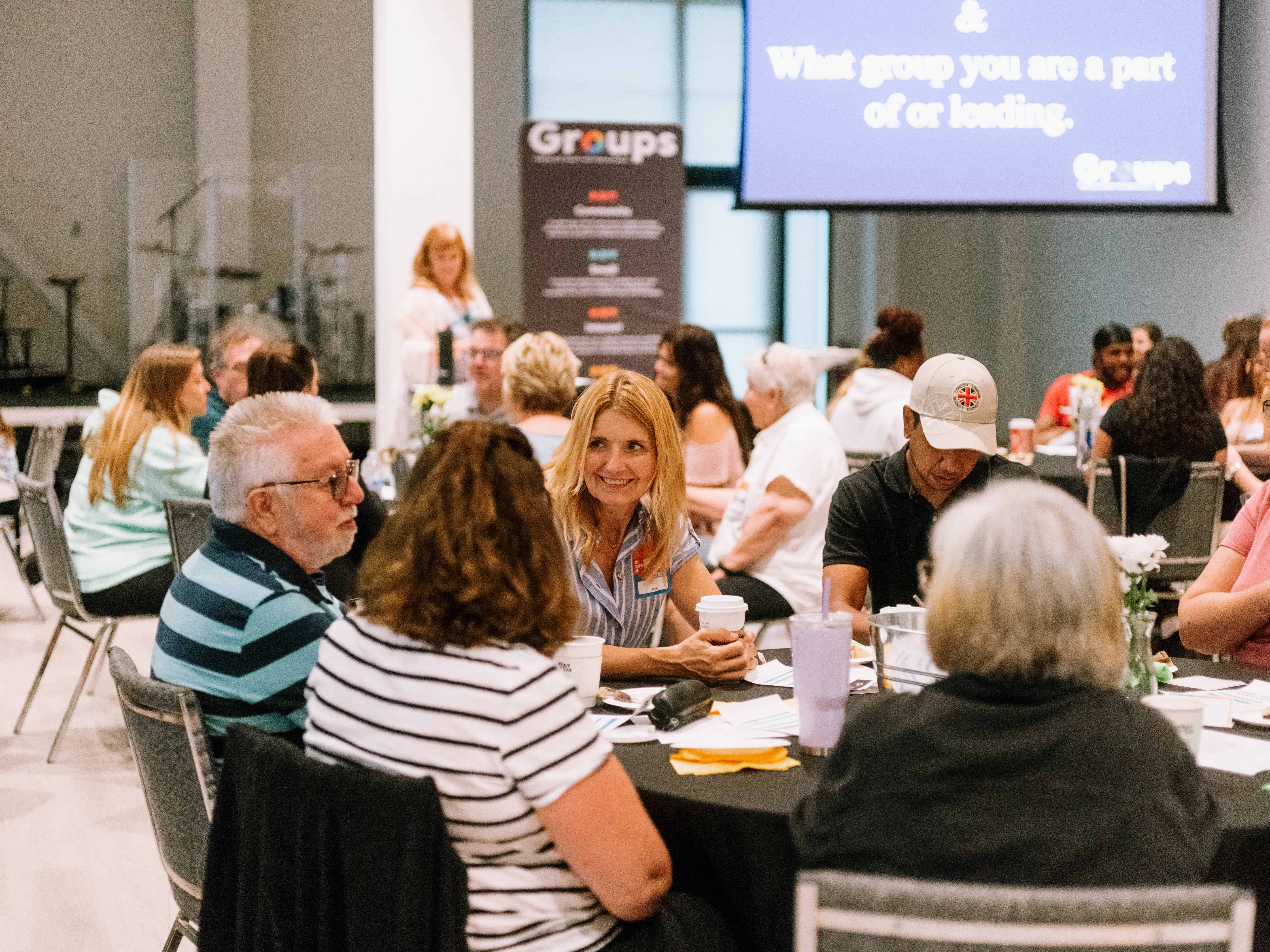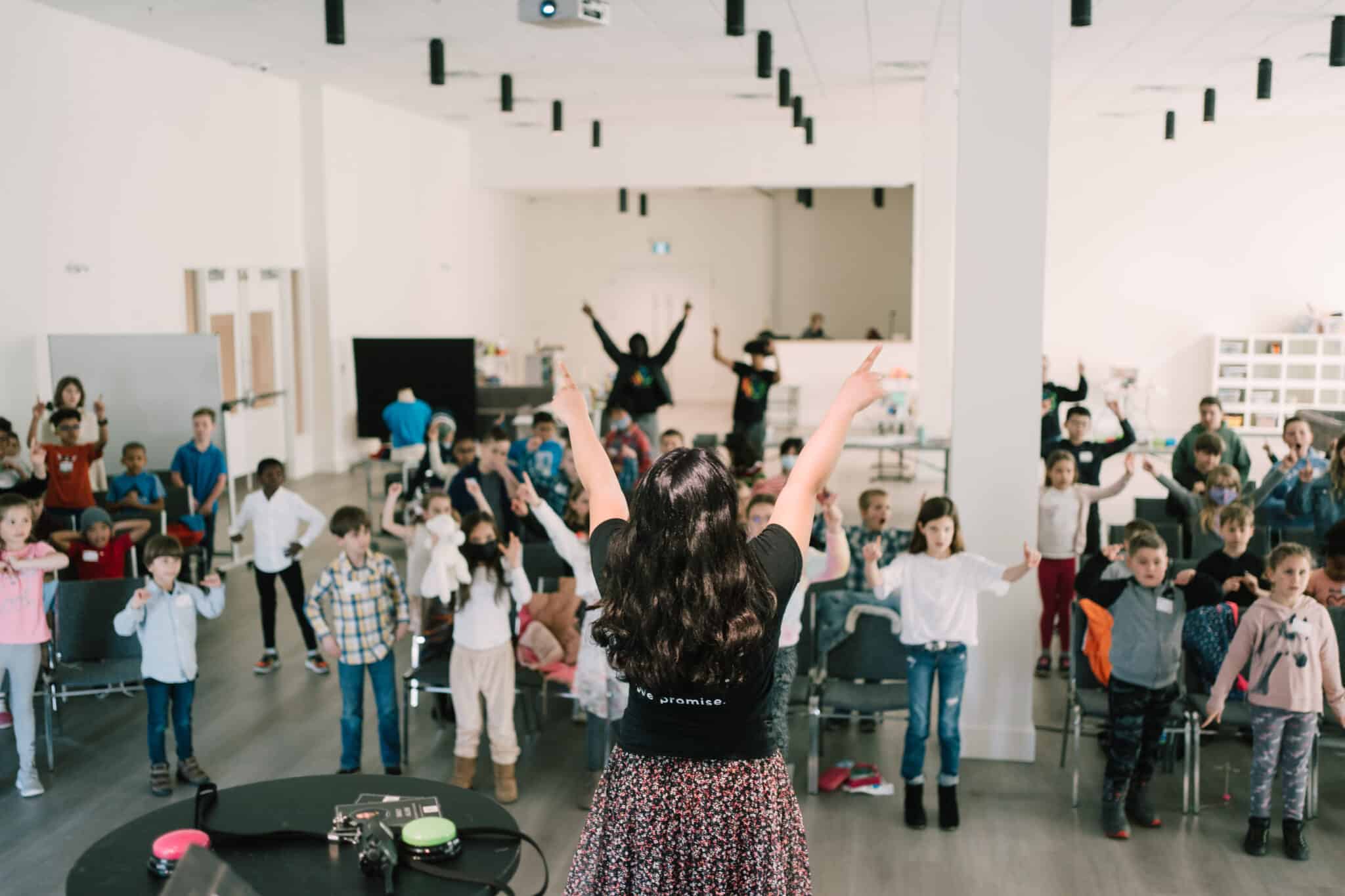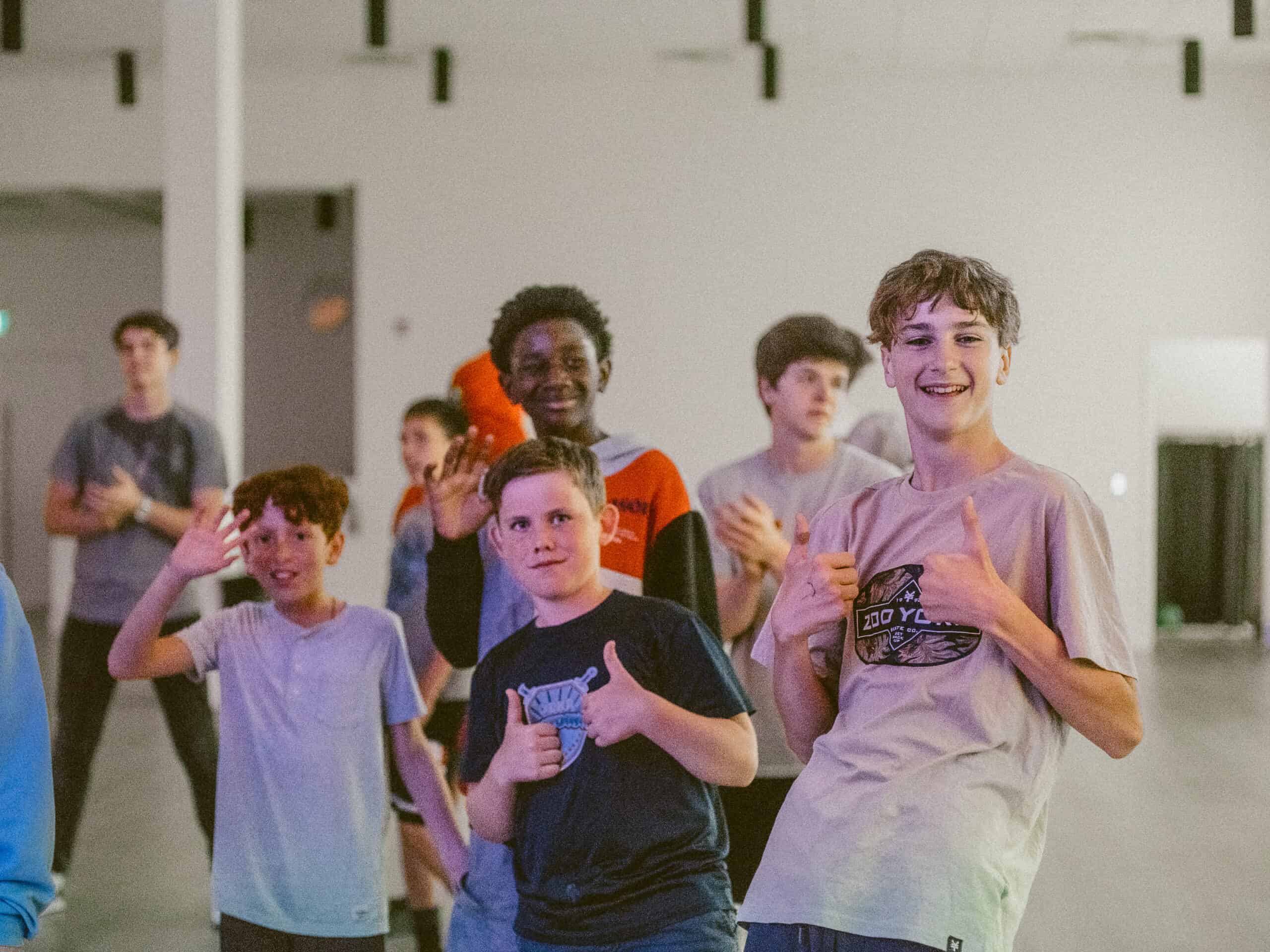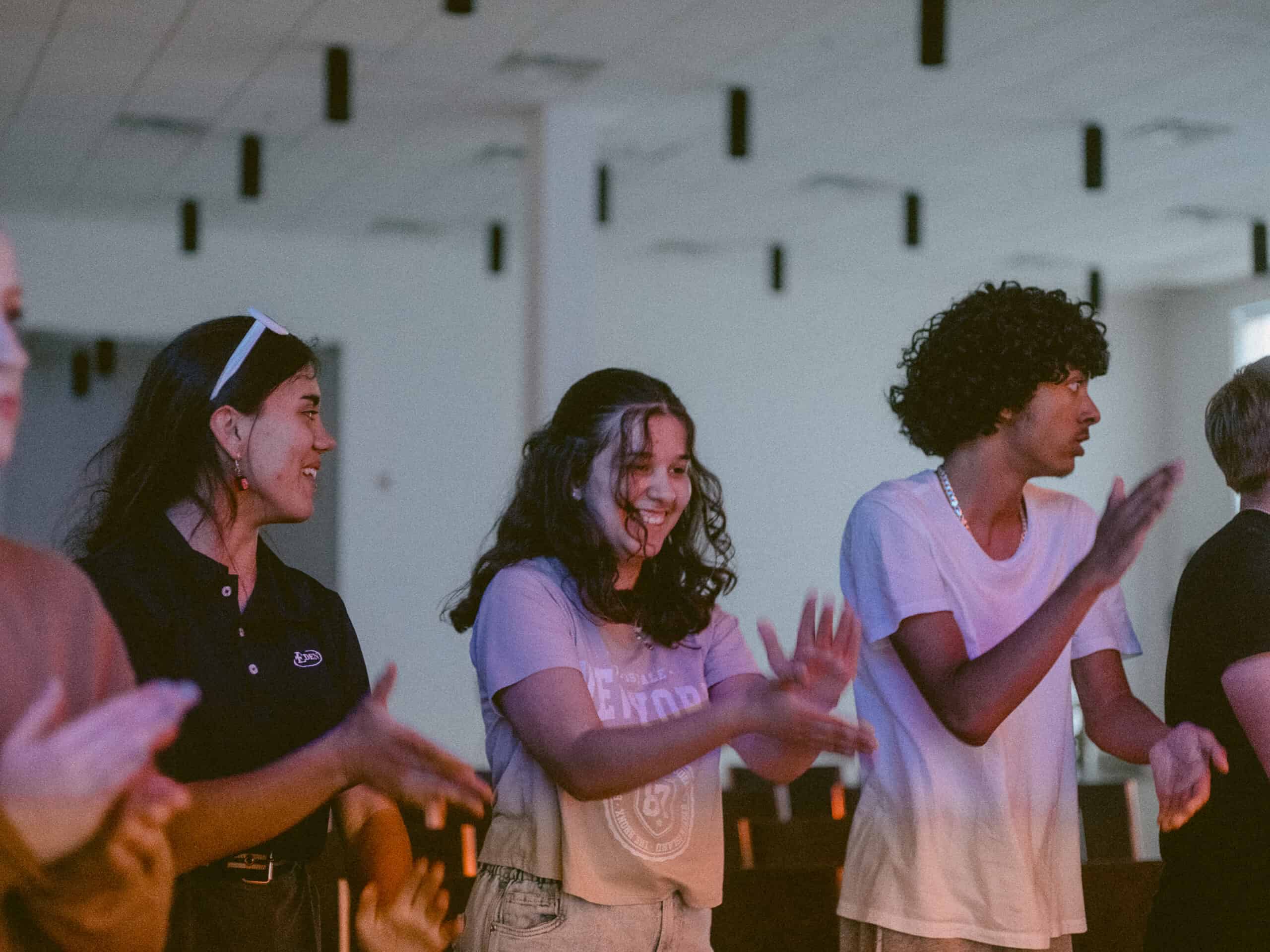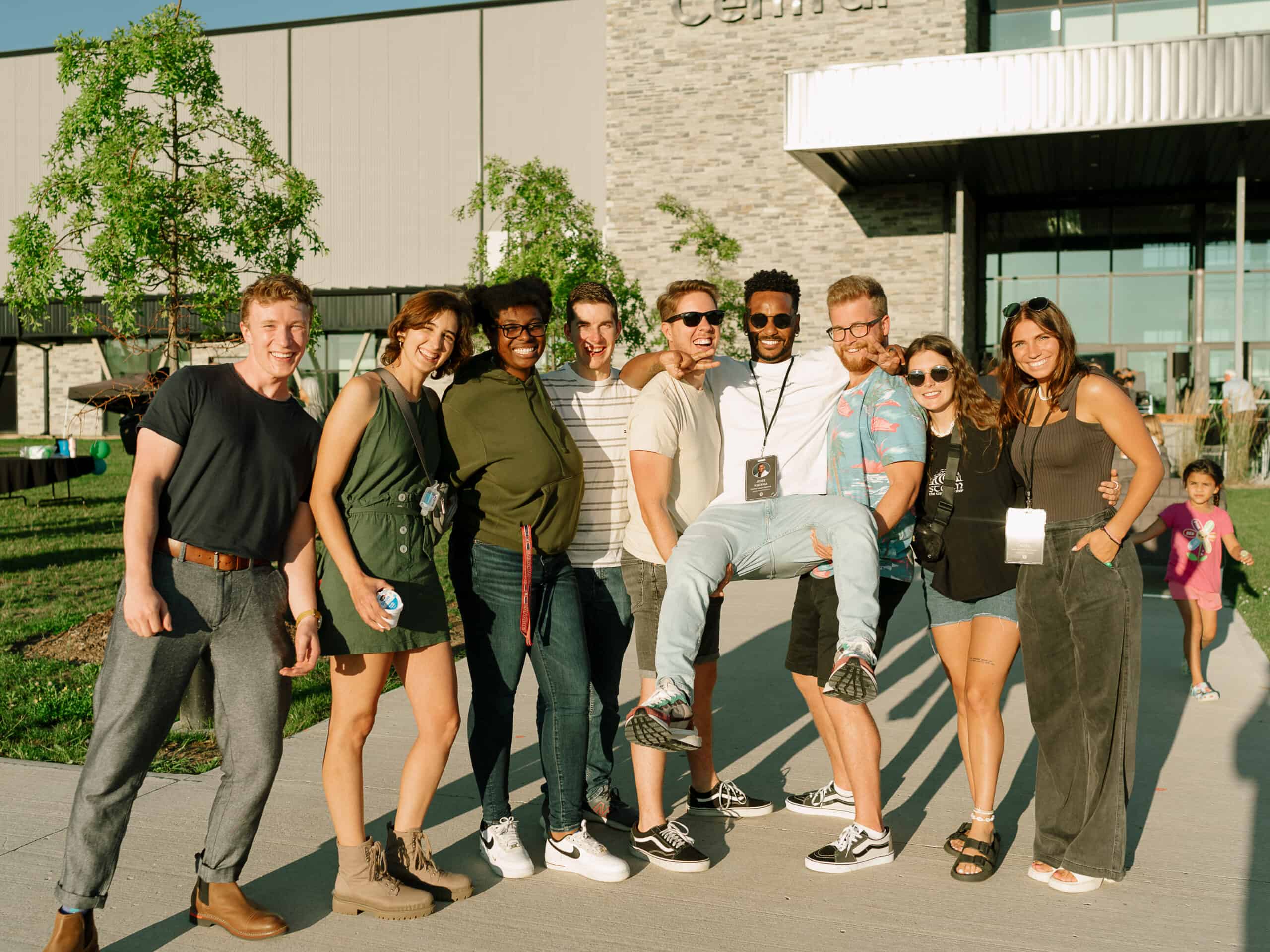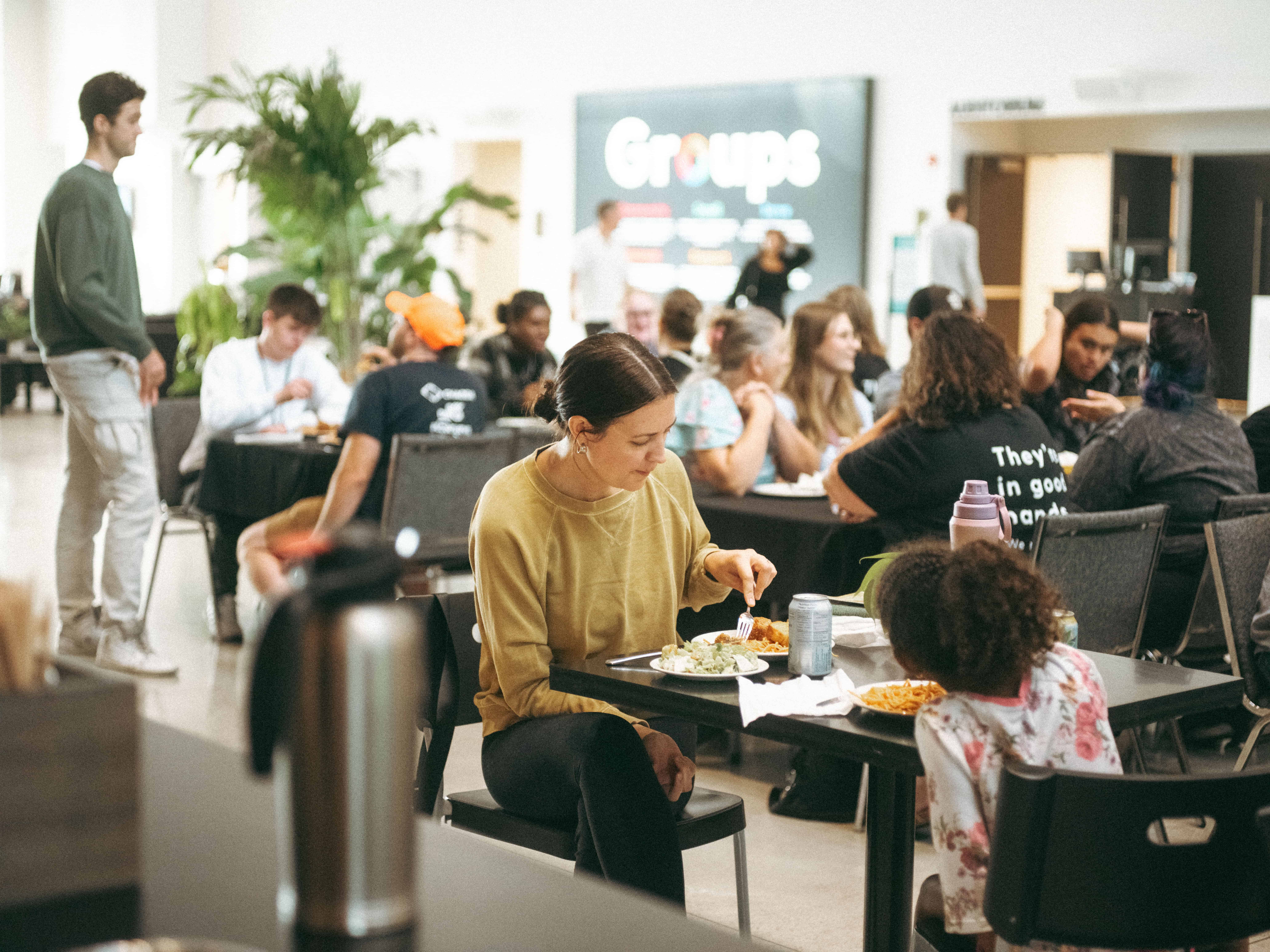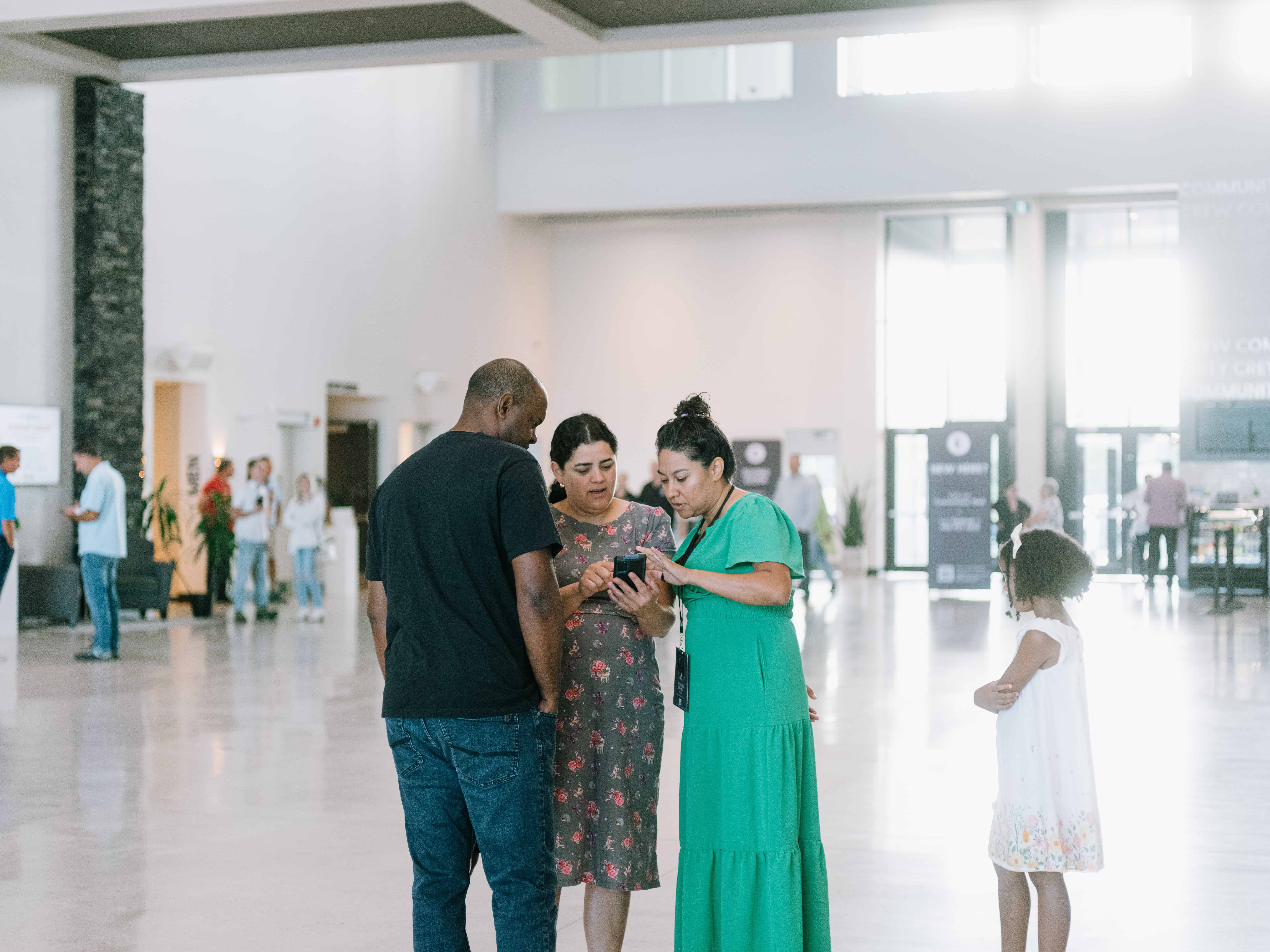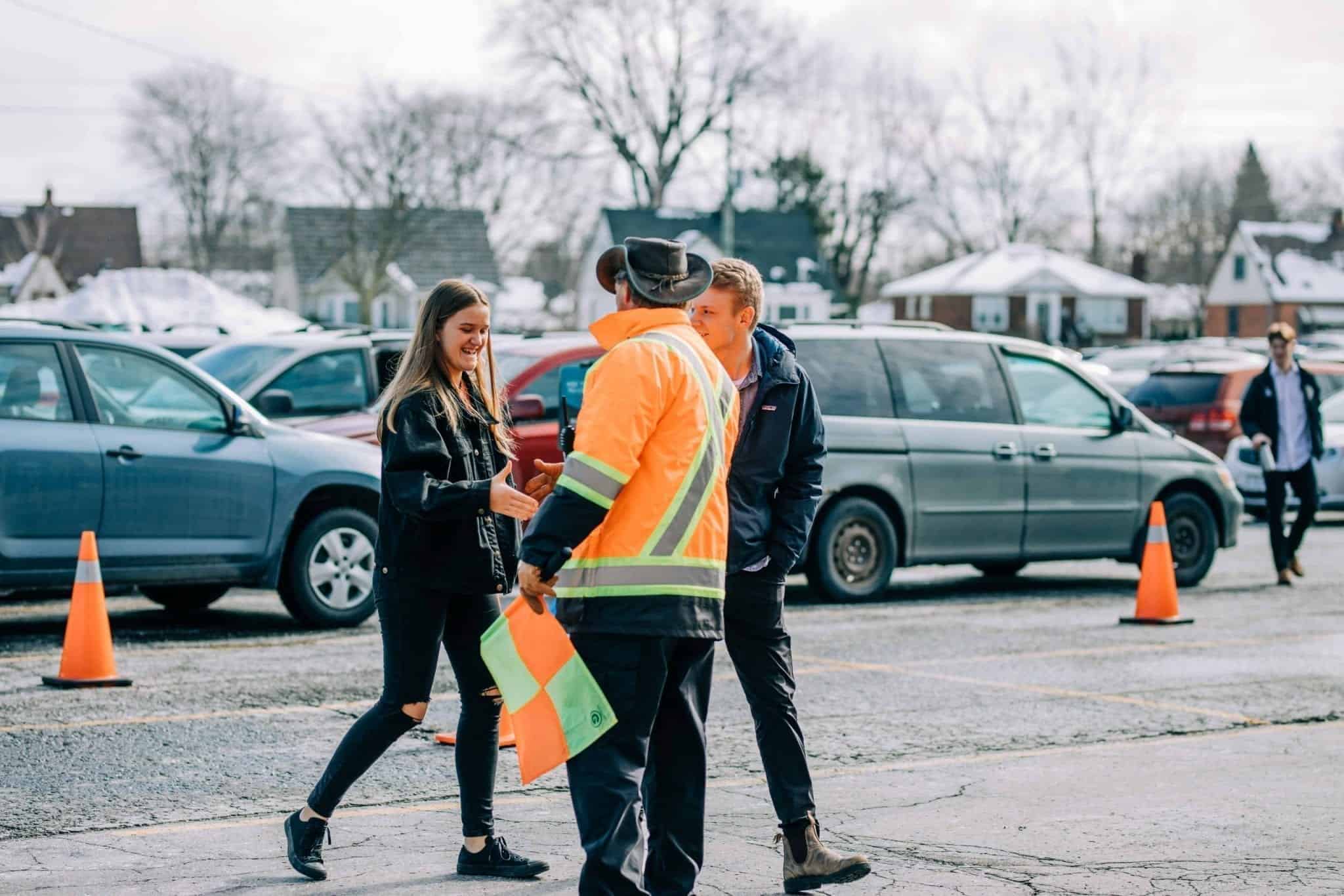Our boy died suddenly when he was 18.
As a family of seven, we did everything together, from travelling to camping to eating. Tyler, our youngest, was the one who made us laugh and have fun. Then, one autumn day we received news that he was riding his bike and hit from behind. There were no goodbyes, no hugs – Tyler was just gone from our home.
An irreplaceable hole gaped in our family. My husband Ken and I tried to keep life normal that fall, for the sake of the kids, but we had no idea how exhausting grief was. I couldn’t think properly anymore – it felt like my brain was in a fog 24/7. I was broken-hearted and it felt like the loneliness would last forever.
Then Christmas came. The most wonderful time of the year, right?
Wrong. Christmas this year was all the harder. Tyler had loved Christmas. He was the one convincing us to put the tree up early, decorate the house and start the big countdown. But now, no one felt like decorating. Hosting our extended family festivities—like we did each year—loomed over my head as this year I felt all the pressure to host, but no motivation to do so.
All I wanted that first Christmas without my boy was for it all to go away. Even when I managed to find enough energy to get dressed and leave the house, it was extremely hard. Groceries stores reminded me of the food he had always wanted. And then there were malls and church that were filled with people—smiling and laughing—yet here I was missing my boy so much. It hurt, and it felt wrong to be surrounded by people with so much joy in their lives.
Tyler had been the joy in our home. If there was a family issue, we’d gather around the table with a pile of candy, laughing and talking it out until we resolved it. Now, joy was gone, and our family felt broken with an issue that could never be fixed. I clung to my relationship with God, but some of my children blamed God. They were mad at Him for allowing it to happen, and angry with Tyler for leaving without saying good-bye. That broke my heart even more.
In my hopelessness, I remember asking God, “How long will this sadness and loneliness last?”
Christmas wasn’t going away, and I knew it was going to be tough on our family’s emotions. The pain we felt was unavoidable and healing takes time, but I knew it wouldn’t be healthy to stay immersed in our emotions and loss. So, the week before Christmas, I prayed, “God, let us remember the true meaning of Christmas – the birth of your Son Jesus, so that we could have Hope that we’d one day be reunited in heaven as a family.”
I began to see things differently. Instead of focusing on the time we’d never again have with Tyler, I saw him as a gift God had given to our family. I was thankful for the 18 years we had had with him and realized that the day Tyler never came home wasn’t our final destiny.
This was one of the saddest times of my life, but I slowly found strength and healing. So if you find yourself grieving the loss of a loved one, or want to support someone who is, here are three realizations that helped me find help and healing.
- You can’t do the Christmas season on your own and it’s okay to let others know that.
God had given me a large family who came and pitched in to help, from the cleaning to the cooking to just enveloping us with love. They worked so hard to make Christmas special for our family that year. My family and close friends truly wanted to help me, but some of them . Once I learned when and how to ask for help, I discovered people were eager to support us in tangible ways:
- Close friends would visit and just sit on the couch with me. They didn’t need to talk or offer advice. Just their presence, and not having to be alone with my thoughts, was comforting.
- Others dropped off meals. I had always enjoyed cooking before, but now I had no energy, and my family was so grateful for the meals people brought.
- Sometimes I’d call up friends and say, “Could you come over for dinner – and bring it?”
- Gift cards for restaurants were also helpful for the days we felt like leaving the house.
- Simple acts of kindness, such as leaving plants in our yard or remembering birthdays and holidays meant so much to us.
- Simple conversation was helpful, even if was about the weather, giving us the space to talk about Tyler (or not) when we felt ready.
- Connect with God as your Strength and Healer at your own pace.
I think it’s because I chose to trust God’s promises despite my feelings that I sensed his presence and strength so often. Often, I’d find myself quoting Psalm 121 (ESV):
“I lift up my eyes to the hills.
From where does my help come?
My help comes from the Lord,
who made heaven and earth.”
Some nights in bed, when I was crying and broken from loneliness, I could physically feel warmth, like his arms were wrapped around me.
When my husband, Ken, and I made it to church, we’d hear the constant reminder that God was our Healer and my Strength. We needed it so much, but it was hard to enter the church doors and be around so many people. We weren’t the type of people to show our emotions, so it felt uncomfortable not knowing at what moment we’d lose control and break down. t. Some Sundays, Ken and I preferred to stay at home together, but I discovered that if we arrived late and left early we could avoid the exhaustion of finding words, and in time we was able to stay longer and find the community we needed here.
- Care for yourself before you try and be the strength for the rest of your family.
Healing from grief takes time and it is never easy! To continue with my healing, I found a GriefShare support group where I felt I could process my grief without being judged or questioned. Listening to the weekly video and sharing my experiences helped me understand what was happening to me. I learned coping skills, felt permission to feel joy again, and felt encouraged by others who were experiencing their own loss. As some normalcy began to return, I began to catch glimpses of what I considered to be purpose in my pain. It led me to wonder how one day I might be able to help others in their own grief process.
Little did I know, years later and here I am leading a GriefShare group and walking alongside others who are suffering in the loss of their loved one. I can’t say Tyler’s death has, or ever will make sense to me, but I can picture a smile on his face as I take this story of ours and allow it to be just the right encouragement for someone who finds them self in a similar situation.
If you would like to experience the comfort and support of others who understand the grief you are going through, or want more practical coping strategies, I invite you to reach out to someone this season. If you’re not sure how to begin that process, why not take one big step today and consider attending a GriefShare event called ‘Surviving the Holidays?’ It’s held at the Niagara Life Centre (65 Lakeshore Road, St. Catharines) on Tuesday, November 26 at 6:30pm. To RSVP, you can call 905-934-0021. Registration is $10, which includes a practical coping guide I found helpful for handling emotions, traditions and social events of the Christmas season.
Above all, amid your grief, know that you can find hope again, and that Christmas can once again be the most wonderful time of the year.



